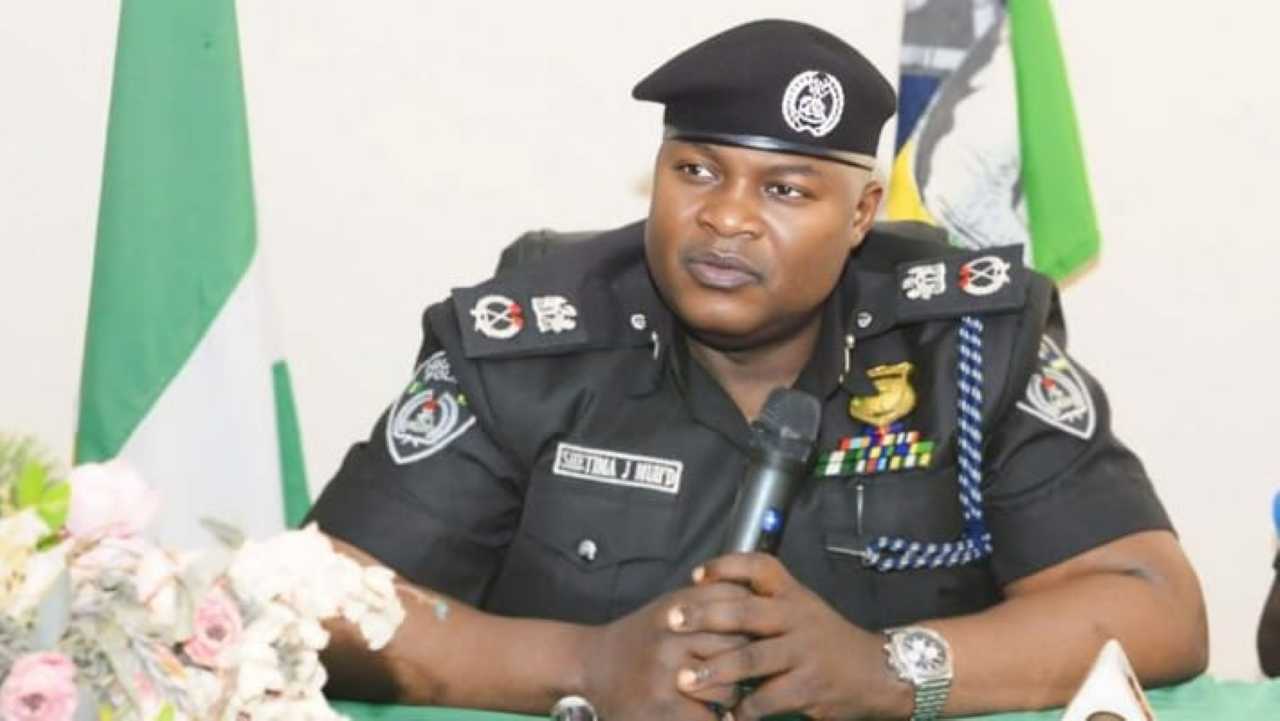Former President of the United Nations General Assembly, Prof. Tijjani Muhammad-Bande, has warned that the world stands at a dangerous crossroad where rising geopolitical tensions, nuclear capabilities, and global inequality threaten to upend decades of international order, urging renewed commitment to multilateral cooperation as the only safeguard for peace.
Speaking at the Foreign Policy Lecture Series themed, “The Relevance of the United Nations in the World Order,” organised by the Nigerian Institute of International Affairs (NIIA), in Lagos, he said the current global system, built after the Second World War, faces profound tests from shifting alliances, technological disruptions, and the erosion of trust among major powers.
According to Bande, who also served as Nigeria’s Permanent Representative to the United Nations, the UN remains the living centre of global governance, yet must constantly refine its charter and structures to meet emerging challenges such as artificial intelligence, climate change, cybercrime, migration, and economic inequality.
He cited peacekeeping, human rights promotion, and sustainable development as three enduring pillars of the UN’s contribution to global stability, noting that over 3,000 Security Council resolutions and numerous missions worldwide have helped prevent wars and uphold international norms.
While acknowledging persistent inequalities within and among nations, Bande observed that the UN system has helped reduce poverty in many African countries and set global standards in safety, education, and governance. He, however, warned that rising disparities threaten social cohesion and justice.
The Director of Economy, Trade and Investment, Nigeria’s Ministry of Foreign Affairs, Ambassador Akinremi Bolaji, said 80 years after, the UN remained a symbol and instrument of humanity, collective aspiration, peace security and development, yet it continued to face profound challenges such as climate change, migration, persistent demand for reforms of its structure, particularly the security council.
For Nigeria, the UN remains an indispensable platform to project our values, defend our interests and proffer solutions to problems,” he said.
Director General, NIIA, Prof. Eghosa Osaghae, represented by Senior Research Fellow, NIIA, Prof. Chinasa Ohiri, reiterated that the UN remains the cornerstone of multilateral diplomacy and holds a special place in Nigeria’s foreign policy.
MEANWHILE, a PhD researcher at Temple University in the United States, Taiwo Adeagbo, has explored aid democratisation, especially when it is “patiently, politically informed, and locally owned.”
His effort was informed by the fact that more than three decades after the end of the Cold War, billions of dollars have been poured into promoting democracy across Africa.
In Nigeria, the results are mixed. Since the country’s return to civilian rule in 1999, the U.S. Agency for International Development (USAID) and its implementing partners, including the National Democratic Institute (NDI), the International Republican Institute (IRI), and the International Foundation for Electoral Systems (IFES), have invested heavily in electoral reforms, party training, and civic education.
Despite these decades of engagement, Nigeria’s democracy has remained fragile. Elections are still marked by irregularities, vote-buying, and institutional weaknesses. The political landscape continues to revolve around personalities rather than strong, ideology-driven parties.






